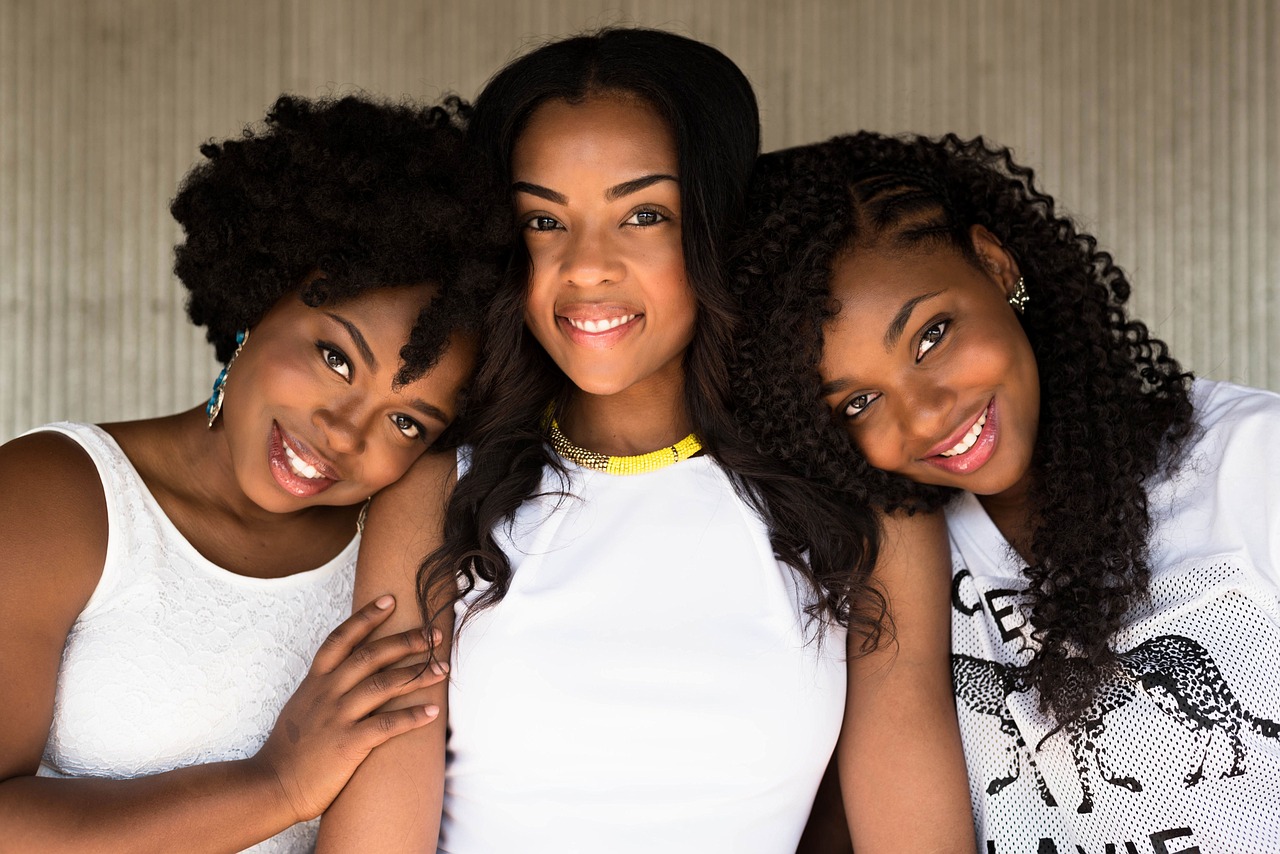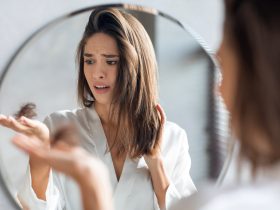Clinical trials suffer from a significant underrepresentation of Black women, and Ricki Fairley, a breast cancer survivor, is on a mission to change this.
Every day beyond Breast Cancer Awareness Month, Fairley passionately encourages Black women to participate in breast cancer clinical trials. Her journey began in 2011 when she was diagnosed with stage 3A triple-negative breast cancer, a particularly aggressive form of the disease. She underwent intense treatment and eventually found success with experimental drugs that are now standard for triple-negative breast cancer.
During her treatment, Fairley learned that Black women face a threefold increased risk of triple-negative breast cancer. While social factors are often cited as contributors to health disparities, genetic ancestry, specifically West African ancestry, is now associated with triple-negative breast cancer risk. However, further research is required to validate these findings.
Fairley delved into clinical trial data, disturbed by the statistic that Black women are 41 percent more likely to die from breast cancer than white women. Her discovery was disheartening—only 3 percent of participants in clinical trials leading to FDA-approved cancer drugs from 2008 to 2018 were Black.
She believes there must be more to this underrepresentation than just social determinants of health. Fairley, who credits experimental medications with saving her life, is now dedicated to increasing Black women’s involvement in clinical trials and advocates for their participation.
Linking Black women with clinical trials
In 2020, Fairley established Touch, The Black Breast Cancer Alliance, to eliminate breast cancer within the Black community. This year, she partnered with Breastcancer.org to launch the “When We Tri(al)” movement, dedicated to educating and empowering Black women about the vital importance of participating in clinical trials.
Fairley emphasized the historical absence of Black women in breast cancer clinical trials and the urgent need to develop drugs that effectively address their unique needs. Dr. Oluwadamilola “Lola” Fayanju, Chief of Breast Surgery at Penn Center for Cancer Care Innovation, highlighted how Black women’s participation in clinical trials can help identify and address potential barriers, including side effects, delivery methods, treatment adherence, and timing.
One significant obstacle to recruiting Black women for clinical trials is the failure of healthcare providers to invite them to participate actively. Fayanju stressed the importance of tailoring the recruitment and consent processes to address Black women’s specific concerns and priorities.
Fairley also identified misinformation as another reason for the lack of Black female participation in trials, citing instances where some breast cancer survivors provided inaccurate information to others. Her organization conducted a focus group consisting of 48 qualitative interviews and a quantitative study involving 200 Black women, revealing that some survivors had disseminated misinformation about clinical trials, such as the false belief that they involved “sugar pills,” which could be life-threatening. In reality, cancer trials offer either standard-of-care medications or experimental treatments.
Furthermore, a valid mistrust of clinical trials persists, stemming from historical events like the Tuskegee Study. This unethical study observed untreated syphilis in Black populations without the participants’ knowledge, falsely informing them that they were receiving treatment for “bad blood” when, in reality, they received no treatment at all.
The “When We Tri(al)” initiative aims to educate Black women about contemporary clinical trials and empower them to participate. Their messages include:
- The events of the past cannot recur today; laws are in place to protect you.
- Clinical trials are a viable and potentially life-saving option for you.
- Everyday medications like Advil and Tylenol were tested in clinical trials.
- Clinical trial participation offers more comprehensive medical supervision, including doctor visits, scans, treatments, and blood work.
- Since we lack data on current drugs for Black women, receiving chemotherapy is, in a sense, a clinical trial on one’s own body.
- Clinical trials come at no cost.
- Participate for the sake of your daughters and granddaughters.
“What would the world look like without Black women?” is a central message.
Ricki Fairley, the founder, aims to inform and empower Black women about breast cancer and clinical trials. She encourages them to become proactive in their health, educating themselves and their families. Fairley emphasizes that Black families should engage in discussions about clinical trials before the need arises, fostering awareness and understanding around the subject.
For those seeking clinical trials related to triple-negative breast cancer or metastatic breast cancer, Fairley recommends visiting the Ciitizen website. Those interested in breast cancer clinical trials can explore BreastCancerTrials.org for more information.
















Find Us on Socials